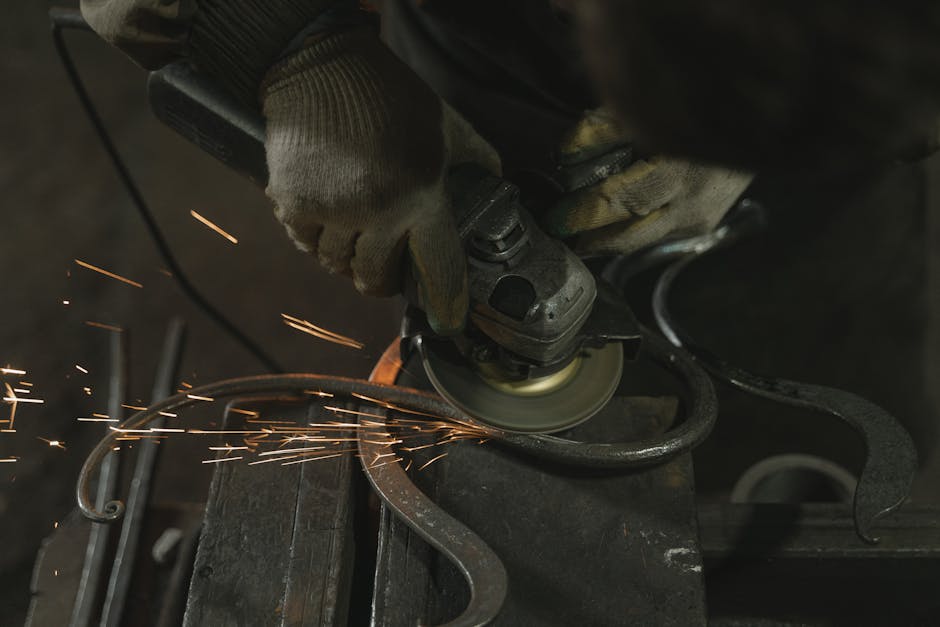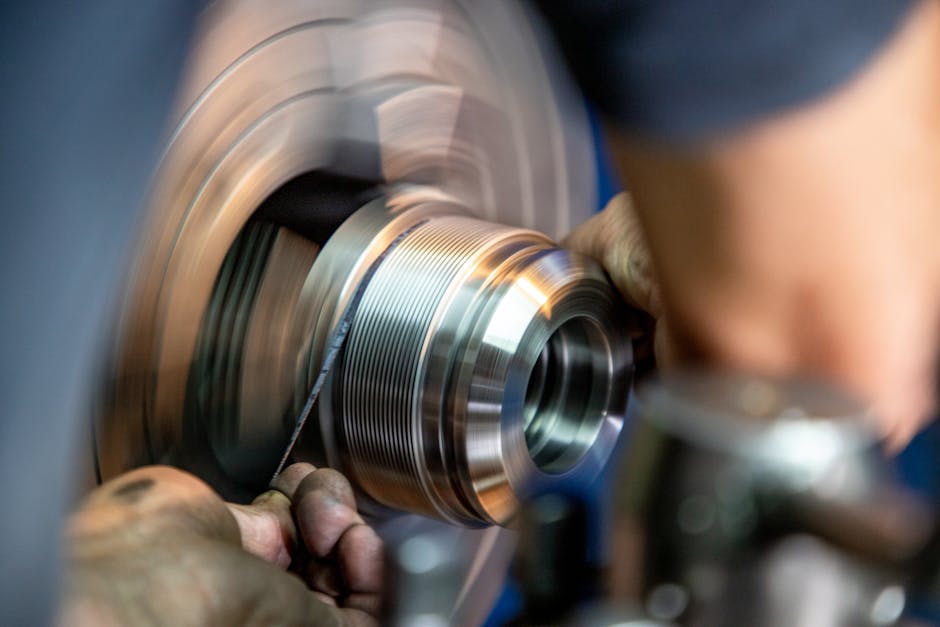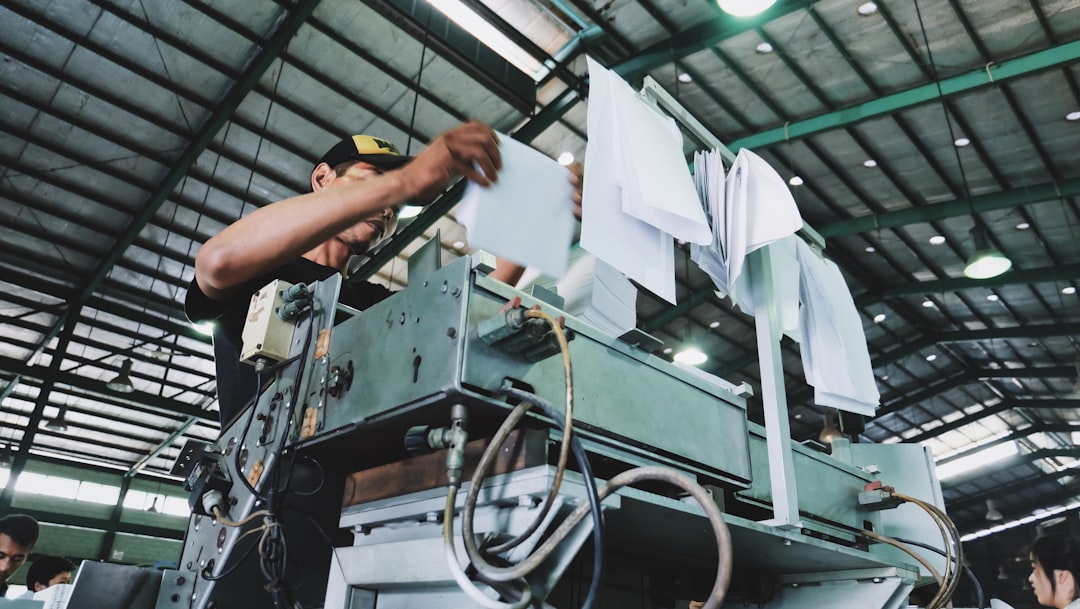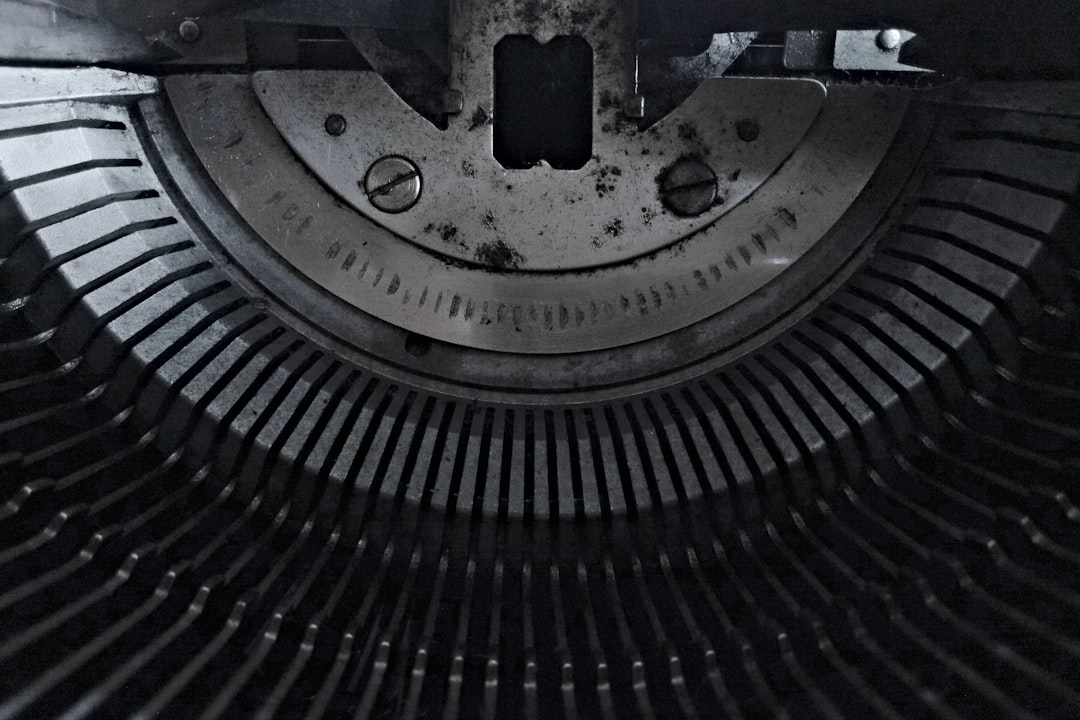Precision Manufacturing: The Heart of Aerospace Machine Shops
Aerospace machine shops are at the forefront of innovation in the aerospace industry, where precision CNC machining is not just a technique but a necessity. These specialized facilities use CNC machines to produce the high-precision components essential for aircraft and spacecraft. The result? Exceptional reliability and outstanding performance, precisely crafted for an industry with zero tolerance for error.
Quick takeaway:
– CNC machining in an aerospace machine shop is about crafting precise aerospace components with high accuracy.
– Precision components ensure safety and optimal functionality in high-altitude and high-pressure environments.
In the aerospace world, every detail matters. Components need to withstand extreme conditions, like high stress or temperature, yet maintain their precision. Think of it as creating art with machines, where each piece must fit seamlessly with others to ensure the safety and effectiveness of the entire system. This is why aerospace machine shops are crucial—they deliver components that push the boundaries of what’s possible, optimizing designs and ensuring the longevity of the machinery involved.

Aerospace machine shop vocabulary:
– aerospace components manufacturers
– aerospace fasteners
Understanding Aerospace Machine Shops
Aerospace machine shops are specialized facilities that focus on creating parts for aircraft and spacecraft. These shops are equipped with advanced CNC machinery designed to perform precise operations like milling, turning, and drilling. The goal? To produce components that meet the rigorous standards of the aerospace industry.
Machining Processes
The primary processes used in these shops are precision CNC milling and CNC turning.
-
CNC Milling: This involves cutting and shaping metal using a rotating tool. It can work on multiple axes, allowing for complex geometries. This is crucial for parts like turbine blades and landing gear components.
-
CNC Turning: This process removes material from a rotating workpiece to create cylindrical parts. It’s perfect for making components like screws and shafts.
Both processes are examples of subtractive manufacturing, where material is removed to achieve the final shape. This contrasts with additive manufacturing, where material is added layer by layer.
Aerospace Applications
Aerospace machine shops play a vital role in several key areas:
-
Military Aircraft: Precision parts are essential for fighter jets and transport planes. These components must be reliable and durable under extreme conditions.
-
Missiles: The bodies of missiles require CNC equipment that can handle long components and hard materials. Precision is critical to ensure they function as intended.
-
Spacecraft: Parts for space vehicles need to withstand the harsh environment of space. Precision machining ensures these components perform reliably.
-
Commercial Airlines: From landing gear to motion controls, many airplane parts are produced using CNC machining. The precision ensures safety and efficiency.
Aerospace machine shops are where the magic happens. They bring together advanced technology and expert craftsmanship to create components that make flight possible.

In the next section, we’ll explore the materials used in aerospace machining and why they’re chosen for these critical applications.
CNC Precision Machining in Aerospace
When it comes to aerospace, precision is everything. CNC precision machining is the backbone of creating high-precision components that keep aircraft and spacecraft safe and functional. This technology allows for the production of parts with incredibly tight tolerances, ensuring that every piece fits perfectly and performs flawlessly.
High-Precision Components
In aerospace, even the tiniest error can have catastrophic consequences. That’s why high-precision components are a must. Whether it’s a turbine blade or a landing gear assembly, each part must be crafted to exact specifications. CNC machining achieves this by using computer-aided tools to control machining processes with extreme accuracy.

CNC Machinery
CNC machinery is at the heart of precision machining. These machines use pre-programmed code to control every movement and cut, reducing the risk of human error. They can operate on multiple axes, allowing for complex shapes and intricate details. This versatility makes CNC machinery ideal for producing everything from simple screws to complex fuselage parts.
-
Multi-Axis Machining: Involves more than the traditional 3-axis, enabling the creation of parts with complex geometries. This is essential for components that require multiple angles and cuts.
-
Subtractive Manufacturing: CNC machining is a type of subtractive manufacturing, where material is removed to form the desired part. This contrasts with additive manufacturing, where material is added.
Tight Tolerances
Tight tolerances are non-negotiable in aerospace. They ensure that each component meets the exact dimensions required for optimal performance. CNC machining can achieve tolerances as tight as 0.002 mm, making it the go-to method for aerospace applications where precision is paramount.
In aerospace, precision isn’t just a goal—it’s a necessity. CNC precision machining provides the accuracy and reliability needed to produce components that meet the industry’s stringent standards. We’ll dig into the materials used in aerospace machining and their importance in crafting these critical parts.
Materials Used in Aerospace Machining
When it comes to aerospace, choosing the right material is as crucial as the precision machining itself. The materials need to be strong, lightweight, and able to withstand extreme conditions. Let’s explore some of the key materials used in aerospace machine shops.
Aluminum Alloys
Aluminum is a favorite in the aerospace industry. It’s lightweight yet strong, making it ideal for aircraft parts. Aluminum alloys like 7075 and 6061 are widely used because they offer good fatigue strength and corrosion resistance. These alloys are perfect for making wings, fuselage parts, and support structures.
- 7075 Aluminum: Known for its high strength-to-weight ratio, it’s often used in critical structural parts.
- 6061 Aluminum: Offers excellent machinability and is used for components where strength and corrosion resistance are needed.
Titanium
Titanium is another superstar in aerospace. It has a fantastic strength-to-weight ratio and can handle high temperatures. This makes it perfect for engine parts, such as blades and casings. Although it’s harder to machine than aluminum, its benefits are worth the effort.
- Corrosion Resistance: Titanium’s natural resistance to corrosion makes it suitable for parts exposed to harsh environments.
- High-Temperature Performance: Titanium can withstand extreme heat, making it ideal for jet engines.
Stainless Steel
Stainless steel is used where strength and durability are paramount. It’s heavier than aluminum and titanium, but its resistance to corrosion and high temperatures makes it indispensable for certain applications. Engine parts and landing gear often use stainless steel for its robustness.
- 304 Stainless Steel: Commonly used due to its excellent corrosion resistance and formability.
- 316 Stainless Steel: Offers better corrosion resistance, especially in marine environments.
Inconel
Inconel is a group of nickel-chromium alloys known for their ability to handle extreme environments. It’s often used in turbine blades and exhaust systems. Inconel can maintain its strength at high temperatures, making it crucial for aerospace applications.
- High-Temperature Resistance: Inconel retains strength in extreme heat, ideal for engine components.
- Oxidation Resistance: It resists oxidation, making it suitable for parts exposed to high temperatures and corrosive gases.
Choosing the right material is vital in aerospace machining. Each material offers unique properties that make it suitable for specific applications. We’ll explore the key applications of aerospace machined parts and how these materials play a role in their success.
Key Applications of Aerospace Machined Parts
Aerospace machined parts are crucial in various sectors, each with unique demands. Let’s explore some key applications where these precision components play a vital role.
Military Aircraft
Military aircraft require components that can withstand extreme conditions. Precision machining is essential in crafting parts like fighter jet frames and control systems. These parts need to be incredibly strong and reliable to ensure the aircraft can perform in combat situations.
- Fighter Jets: Components like turbine blades and landing gear are machined to tight tolerances.
- Transport Aircraft: Precision parts ensure seamless operation when moving personnel and equipment.
Missiles
Missiles are all about precision and speed. CNC machining is used to create missile bodies and other components that need to handle high stress and temperature.
- Missile Bodies: Machined from materials like Inconel for strength and heat resistance.
- Guidance Systems: Require precise machining to ensure accuracy and reliability.
Spacecraft
Spacecraft face some of the harshest conditions imaginable. Parts must be carefully machined to survive the vacuum of space and extreme temperature changes.
- Space Vehicles: Components like engine housings and structural elements are machined for durability and precision.
- International Space Station: Uses precision parts for everything from life support systems to scientific instruments.
Commercial Airlines
Commercial aircraft rely on machined parts for safety and efficiency. Every component, from the landing gear to the cabin controls, must be perfectly crafted.
- Landing Gear: Precision machining ensures smooth and safe operations during takeoff and landing.
- Motion Controls: Critical for the aircraft’s navigational systems, requiring high accuracy.
These applications highlight the importance of aerospace machining. Precision and reliability are non-negotiable, as these parts play a pivotal role in the safety and performance of aircraft and spacecraft.
Frequently Asked Questions about Aerospace Machine Shops
What does a machine shop do?
A machine shop is where metal parts are made with high precision. These shops use advanced tools to cut, shape, and finish materials, turning raw metal into precise components.
Think of it like a workshop, but instead of building birdhouses, they build parts for planes and rockets. The tools used here are not your average toolbox hammers and screwdrivers. They include cutting tools like drills, lathes, and mills that can carve out intricate designs from metal blocks. These tools are operated by skilled machinists who ensure every part meets exact specifications.
What is aerospace CNC machining?
Aerospace CNC machining is a high-tech process used to create parts for aircraft and spacecraft. It uses computer-aided tools and machines controlled by pre-programmed code to make sure each part is perfect.
Imagine a robot that can carve a statue from a block of marble just by following a digital blueprint. That’s what CNC machines do, but with metal. They follow pre-programmed code to cut, drill, and shape materials into precise aircraft parts. This process is crucial because even a tiny mistake in a part can lead to big problems in an aircraft.
What does aerospace manufacturing do?
Aerospace manufacturing involves designing, building, testing, and maintaining aircraft and spacecraft. It’s like putting together a giant, flying puzzle where every piece must fit perfectly.
First, engineers design the parts using computer software. Then, these parts are built using processes like CNC machining. After that, every part is tested to make sure it works correctly. Finally, these parts are assembled into aircraft or spacecraft, which are maintained regularly to ensure safety and performance.
In this industry, precision is everything. Each part must be designed and built to withstand the extreme conditions of flight, whether it’s in the Earth’s atmosphere or the vacuum of space.
Conclusion
At TMC Technologies, we specialize in delivering high-quality CNC components custom to meet the unique demands of the aerospace industry. Our commitment to precision and excellence sets us apart as a leader in the field.
Why Choose TMC Technologies?
We understand that in aerospace, every component must be flawless. Our CNC machining processes ensure each part is crafted with the utmost precision, meeting the tight tolerances required for aerospace applications. Whether it’s a part for a military aircraft or a component for a spacecraft, our team is equipped with the expertise and technology to make it happen.
High-Quality CNC Components
Our facility in Carroll, Iowa, is equipped with state-of-the-art CNC machines capable of producing complex and accurate parts. We use advanced tool design techniques to create components that not only meet but exceed industry standards. This dedication to quality is why our clients trust us to handle their most critical projects.
Custom Applications
Every aerospace project is unique, and we pride ourselves on our ability to provide custom solutions. From one-off prototypes to large production runs, we have the capability to turn your concepts into reality. Our team excels in creating custom applications that optimize designs for manufacturability and cost-efficiency.
We believe in building long-term relationships with our clients, working closely with them to ensure their projects are a success. Our customer-centric approach means we’re more than just a supplier; we’re a partner in your journey.
Explore how our aerospace machine shop can support your next project by visiting our service page. Let us show you the difference precision, quality, and a customer-focused approach can make.





















